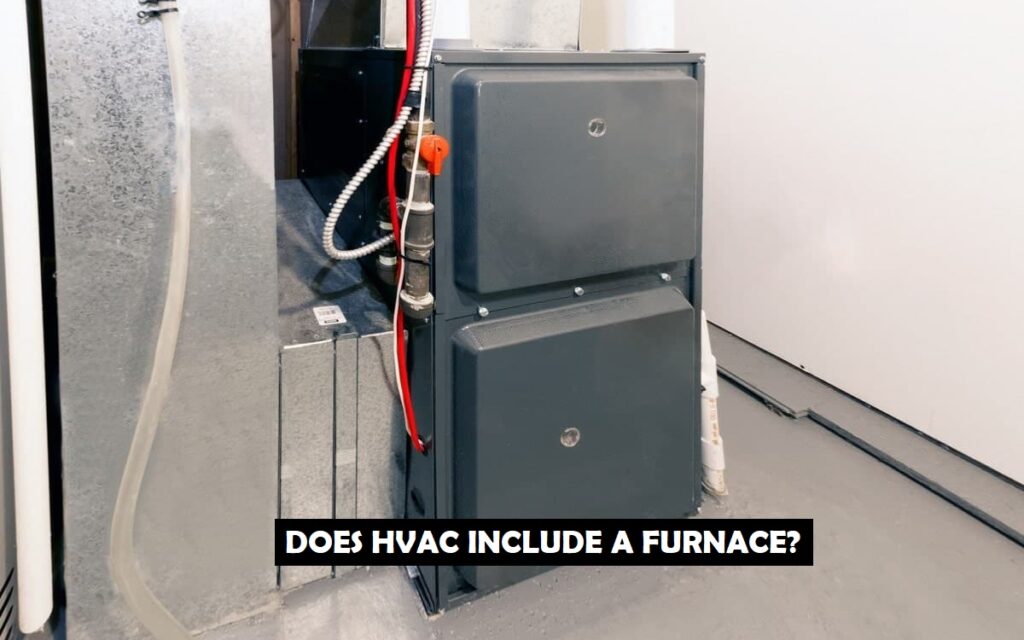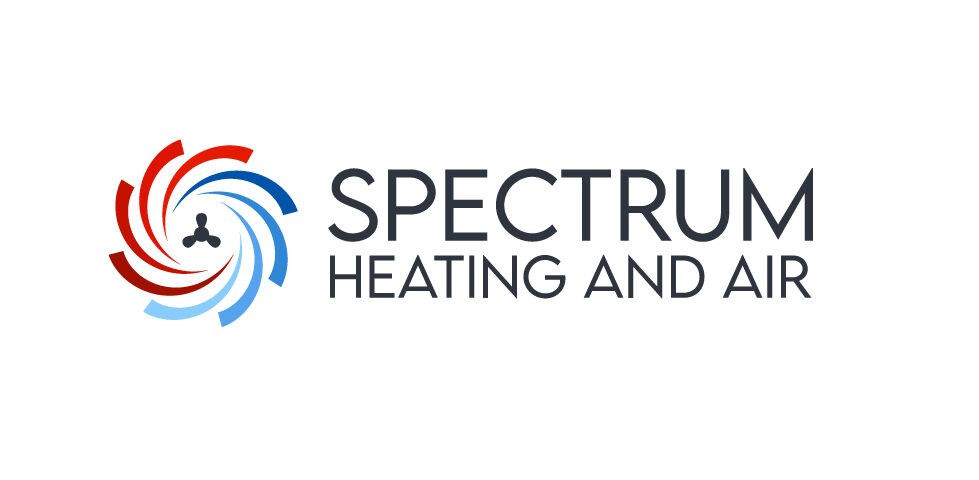Heating, Ventilation, and Air Conditioning (HVAC) systems are essential for maintaining a comfortable indoor environment in homes and commercial spaces. The term HVAC encompasses a wide range of equipment and technologies that work together to regulate temperature, humidity, and air quality. One of the critical components in many HVAC setups is the furnace. In this article, we will delve into the role of a furnace in HVAC systems and explore its significance in ensuring optimal indoor comfort.

The Role of Furnaces in HVAC Systems
A furnace is a heating appliance that generates warmth by burning fuel and then distributes that heat throughout the building. In HVAC systems, the furnace plays a crucial role in the heating component. When the temperature drops, especially during cold seasons, the furnace kicks in to maintain a comfortable warmth indoors.
Key Components of an HVAC System
Heating Components
The heating components in an HVAC system are responsible for generating and distributing heat. The furnace is the primary heating component, but there are other options such as heat pumps and boilers.
Cooling Components
Air conditioners are the most common cooling components in an HVAC system. They work by extracting heat from indoor air and transferring it outside, leaving the indoor environment cool and comfortable.
Ventilation Components
Ventilation in an HVAC system involves exchanging indoor and outdoor air to maintain air quality. Proper ventilation is crucial for eliminating indoor pollutants and providing fresh air.
Is the Furnace an Integral Part of HVAC?
Definition of Furnace
A furnace is a type of heating system that uses various fuel sources, including natural gas, oil, or electricity, to produce heat. The heat is then distributed through ducts or pipes to different parts of the building.
Furnace in the Context of HVAC
Yes, a furnace is an integral part of many HVAC systems, especially in regions with colder climates. It provides a reliable and efficient heating solution, ensuring that indoor spaces remain warm and comfortable during chilly weather.
Alternative Heating Systems in HVAC
While the furnace is a popular choice for heating in HVAC, there are alternative options available. Heat pumps, for example, can provide both heating and cooling functions and are known for their energy efficiency.
Benefits of Having a Furnace in HVAC
- Energy Efficiency: Modern furnaces are designed to be highly efficient, which can lead to significant energy savings over time.
- Consistent Warmth: Furnaces can quickly raise the indoor temperature to the desired level, providing consistent warmth throughout the space.
- Cost-Effectiveness: Depending on the fuel source and energy rates, furnaces can be a cost-effective heating solution.
- Reliability: Furnaces are known for their reliability, making them a dependable heating option for homes and businesses.
Common FAQs about HVAC and Furnaces
What is the difference between an HVAC and a furnace?
HVAC is a comprehensive system that includes heating, ventilation, and air conditioning, while a furnace is a specific component responsible for providing heat in an HVAC setup.
Can I have HVAC without a furnace?
Yes, there are alternative heating options, such as heat pumps, that can replace a furnace in an HVAC system.
How does a furnace contribute to energy efficiency in HVAC?
Modern furnaces are designed with advanced features that optimize energy consumption, leading to better overall HVAC system efficiency.
Should I opt for a different heating system for my HVAC?
The choice of a heating system depends on various factors, including climate, energy costs, and personal preferences. Consulting an HVAC professional can help determine the best option.
Are there eco-friendly furnace options for HVAC systems?
Yes, there are eco-friendly furnace options, such as electric and geothermal furnaces, that can significantly reduce the environmental impact of an HVAC system.
In conclusion, HVAC systems play a vital role in maintaining indoor comfort by providing heating, ventilation, and cooling solutions. A furnace is an essential component in many HVAC setups, particularly for heating during colder months. While a furnace is a popular choice, there are alternative heating options available, each with its benefits. Ultimately, the decision on whether to include a furnace in an HVAC system depends on specific needs and considerations.




